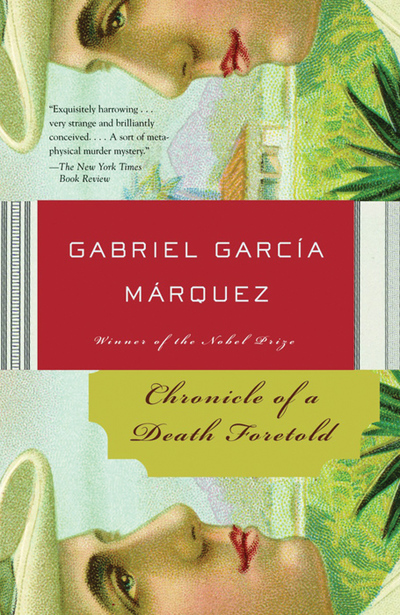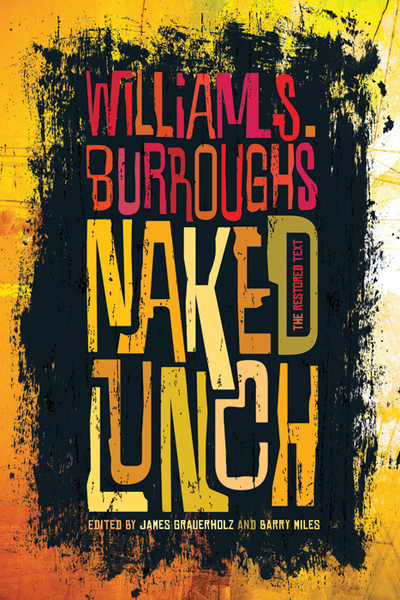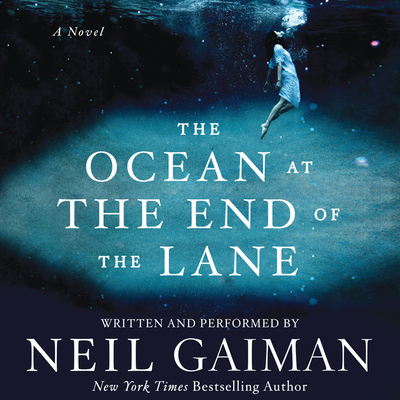Summer Reading
Summer is upon New England, and for those in creative fields especially, summer reading provides rest, escapism and nostalgia, as well as a route for exploration and inspiration. The following artists, writers, dancers and musicians share what they’re reading this summer.

Gabriel García Márquez’s Chronical of a Death Foretold.
Corey Daniels, artist and gallerist, Wells, ME
Corey Daniels loves architecture, but “a house with no books in it makes me nervous!” he exclaims. So he usually reads multiple books at a time. “I read an awful lot, but most of it is not current,” he says. “What I do read are a lot of classics and a lot of short fiction…One of my favorites is Gabriel García Márquez’s Chronicle of a Death Foretold. It’s a short novel—a little bit of perfection, even in translation.
“For me, the experience of reading great literature is musical; it is in the sounds of the words. It must be quite a struggle to write novels that achieve this, and for me, focusing on what literature sounds like often leads to the question: What does it look like? I am working on my own series right now that takes text directly out of books and tries to play with it and figure out what the literature looks like.”
Melinda Lopez, playwright-in-residence, Huntington Theater Company, Boston, MA
Despite having a new play, Mala, premiering at Arts Emerson in October, Melinda Lopez is making time for some reading. “I’m starting the Leonardo Padura murder mystery series, with Havana Red,” she says. “Padura is a Cuban writer, who sets most of his books in the post-Soviet era of the island, during the ‘special period.’ So much writing about Cuba is set in the ‘50s and ‘60s and has this veneer of nostalgia to it. Padura’s work is much more raw and visceral… Reading about Cuba and murder during a hot summer is an immersive, escapist fantasy.”
Escapism is only one part of Lopez’s summer reading. She is also delving into more serious work such as journalist and activist Gloria Steinem’s collection of essays, Outrageous Acts and Everyday Rebellions. “I’ve been working through Steinem’s book a little at a time, [reading] essays dating from the 1960s and her work at New York Magazine and Ms. Magazine… [T]he essays are still so relevant, especially her coverage of the 1968 election, which is eerily similar in tone and divisiveness to this year’s election.”
Richard Erdman, sculptor, Williston, VT
Richard Erdman’s background in athletics and love of history led him to read The Boys in the Boat by Daniel James Brown, which chronicles the path of a West Coast crew team from underdogs to winning gold at the controversial 1936 Berlin Olympics.
“I myself am a former competitive athlete—I was a two-time NCAA All-American ski racer when I was at the University of Vermont. I owe a lot of success in my career, which is stone sculpture, to having had an athletic background,” he says. “When you’re a stone guy, you’re really connected to the earth and to reality, so as much as I love fantasy and imagination, I try to pick and choose books that keep me grounded and help me to accomplish the things I want to accomplish in life… When you’re building, you have to be a practical and have the stamina to see these projects through, just like an architect. I tend to love books about things that get done…and that is what this book is all about.”
Petra Conti, principal dancer, Boston Ballet, Boston, MA
In addition to ballet, Petra Conti is also a student at Northeastern University, studying for a degree in leadership. Conti’s summer reading includes finishing the psychology textbook she began in a recent course. “I am curious to finish reading it and expand my knowledge on this beautiful subject,” she says. She’s also reading Helen Sheehy’s 2003 Eleonara Duse: A biography about the famed Italian actress, and the script of the new play Harry Potter and the Cursed Child, by J. K. Rowling, Jack Thorne and Jack Tiffany.
“I have wanted to read a book about Eleonora Duse for a long time. I love to discover the lives of personalities that most influenced the world of art… As an old fan of J. K. Rowling’s books, I am curious to read Harry Potter and the Cursed Child, which is supposed to start from where the seventh book ended. Rowling influenced my childhood and inspired my imagination. Once in a while, I like to read fantasy because it helps me [to be distracted], be creative, and find that genuine imagination once again.”

William S. Burrough’s Naked Lunch.
Emmet Hayes, Ally Juleen, Shane Blank and Nicole Pompei, members of the band Bat House, Boston, MA
The four members of Boston-based psychedelic math rock band Bat House have a busy summer on tour, yet connecting to a good book is still a top priority. “To keep ourselves stimulated during those long drives, we’ve been reading William S. Burrough’s Naked Lunch aloud. Driving for hours at a time and only listening to the nine CDs we brought (the van we’re touring in only has a CD player) all music starts to slowly sound the same, so the reading kinda breaks that up.
“Naked Lunch is grotesque and brilliant and somehow finds a way to keep everyone’s attention… Burroughs’ rants within the book fill your head with vivid imagery of all kinds… Despite how nauseous it makes us all honestly feel from time to time, we can appreciate how Burroughs’ words create a type of atmosphere and evoke a specific emotion out of us. When writing music, we’re looking to write anything, musically, that could bring forth such an impactful, focused feeling.”
Nicole Chesney, painter, Pawtucket, RI
Chesney’s reading is rarely far removed from her painting practice. “I tend to read a lot of theory and criticism,” she says, “and particularly artist biographies, or monographs on topics like natural pigments. Gaston Bachelard’s writing has been a big influence for me. My copies of his books are very dog-earned and well-read!” For this summer, she is excited to crack open Visual Intelligence by Amy E. Herman. “I just saw her give a riveting lecture at the Museum of Fine Arts, Boston. Her book is about sharpening your visual perception, which may sound dry, but her words are so magnetic.”
Summer L. Williams, director and cofounder of Company One Theatre, Boston, MA
Williams has a goal—to read everything Toni Morrison writes, and so Morrison’s 11th book, God Help the Child, is on her list for this summer. “The way she writes about blackness, and what it means to be a woman, is so interesting to me, and Morrison’s writing just opens up my mind to the craft of storytelling… The best and most difficult reading experience I’ve had was with her book Jazz. It was challenging, but it was also thrilling. That is what I want my audiences to experience in the theater.
“As an only child, I remember that one of the first things I had in common with my parents was being able to read and have conversations about the same book—it made me feel like such an adult. Now, summer is my excuse to do three things: read with my parents, binge on ‘candy’ books, and then really savor those books that have been on my list to read for a long time.”
John R. Stomberg, Virginia Rice Kelsey 1961s Director, Hood Museum of Art, Dartmouth College, NH
“Normally, I like science fiction and fantasy,” explains Stomberg, whose summer reading plans include reading Lewis Carroll’s classic Alice’s Adventures in Wonderland for the first time, and rereading a high school favorite, Frank Herbert’s Dune. “[Dune] is a great, sweeping, visionary book that I will get totally lost in—just perfect for on-the-beach reading.” Stomberg is also reading the nonfiction book, The Birth of the Anthropocene by Jeremy Davis. “The Museum will soon present a conference followed by an exhibition on this topic… and I feel the need to catch up.”

Neil Gaiman’s The Ocean at the End of the Lane. All images courtesy of the books’ respective publishers.
Kate Corsden, photographer, Essex, CT, and New York
This summer, Cordsen is busy preparing for In Place: Contemporary Photographers Envision a Museum, a group show at the Florence Griswold Museum this fall. She’ll be spending a lot of time on the train between Connecticut and New York. “Nothing beats a beautifully narrated book for the long train rides to Manhattan,” she says, which is why her summer reading list features an audio book, The Ocean at the End of the Lane: A Novel by Neil Gaiman. “[He] is a superb storyteller and compelling orator and [his book] is an adult fairy tale that thrusts you into a sweet, wondrous, cinematic world. I can close my eyes and be transported.” Cordsen is also reading Poems by Elizabeth Bishop and What We Talk About When We Talk About Love by Raymond Carver. “[Bishop] was a painter as well as a poet…As a landscape photographer, I am taken by her sly, quiet way of observing the world…[Carver’s] careful, clipped prose and the power of what he doesn’t say resonates with me the same way that blank space can in art. Like Bishop’s poems, Carver’s powers of observation are off the charts.”
